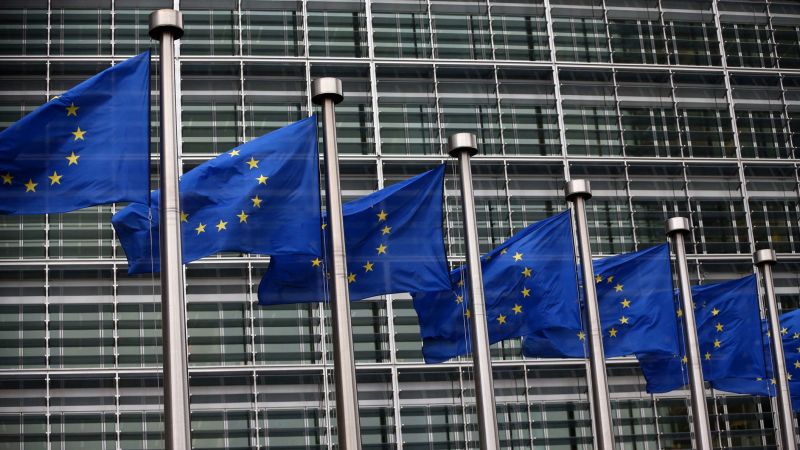The European Parliament is the legislative branch of the European Union and one of the bloc’s three main institutions, along with the European Commission, which is the executive branch, and the European Council, which is made up of ministers from the governments of the 27 member states.
The parliament sits primarily in Brussels, Belgium, but moves roughly once a month to Strasbourg, France.
It is the only EU institution where representatives are directly elected, and MEPs pass laws which are applied all over the bloc. In order for any legislation to be implemented, both the council and parliament have to agree.
One of the parliament’s most crucial roles is approving the makeup of the commission, which is ultimately responsible for the political direction of the world’s largest trading bloc, and it has the final say on who is appointed as president of the commission. Currently the top job is filled by Germany’s Ursula von der Leyen, who is seeking a second term at the helm.
The parliament also has ultimate approval over the billions of euros allocated in the EU budget. It often has the final word on major policy issues such as the budget, trade and sanctions on foreign nationals.
The parliament can also put major international objectives in the deep freeze. For example, A comprehensive mutual investment agreement between the EU and China is effectively on hold while some MEPs are under sanctions from China. The parliament as a whole has refused to advance the agreement until the sanctions are lifted.

